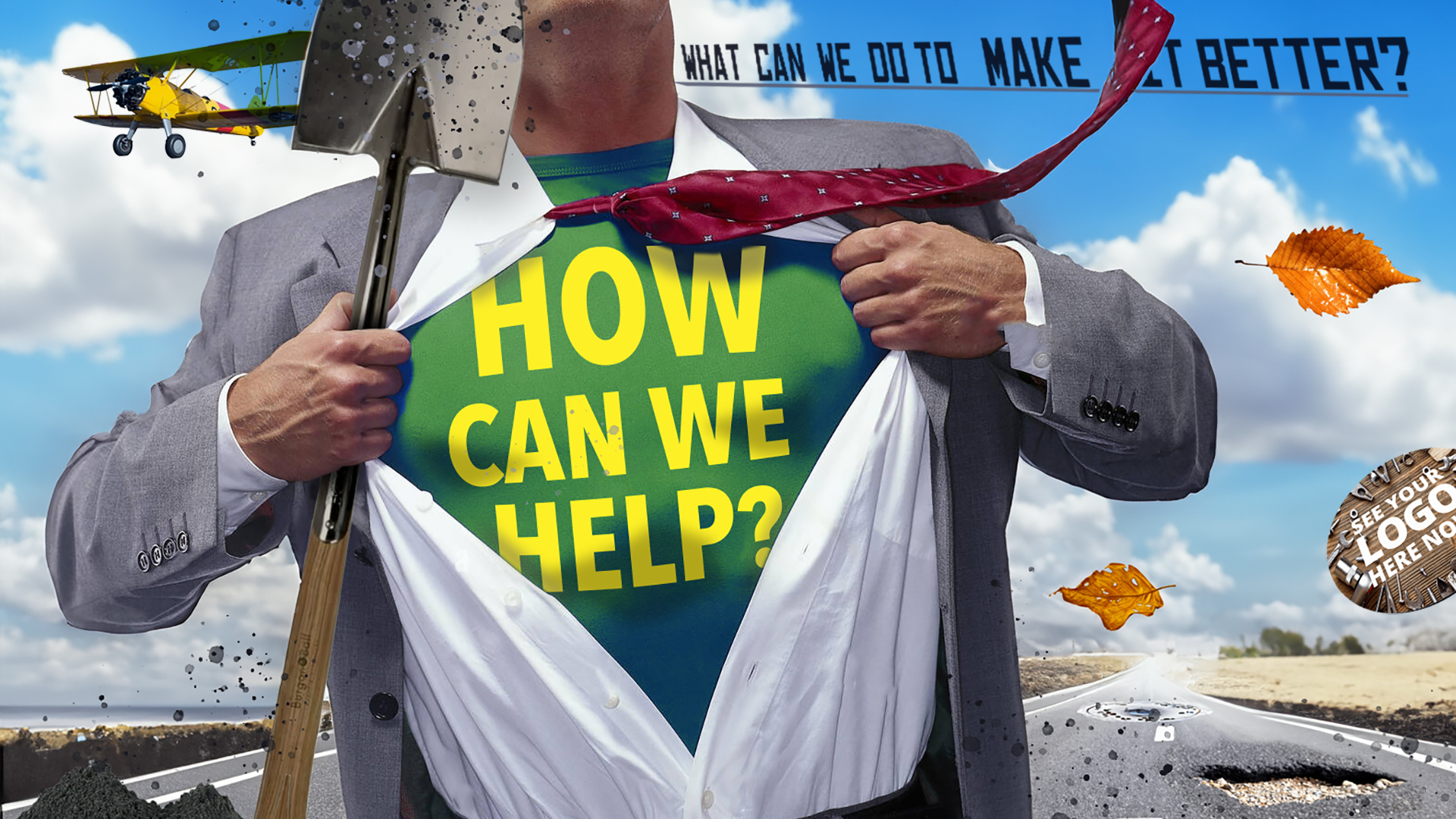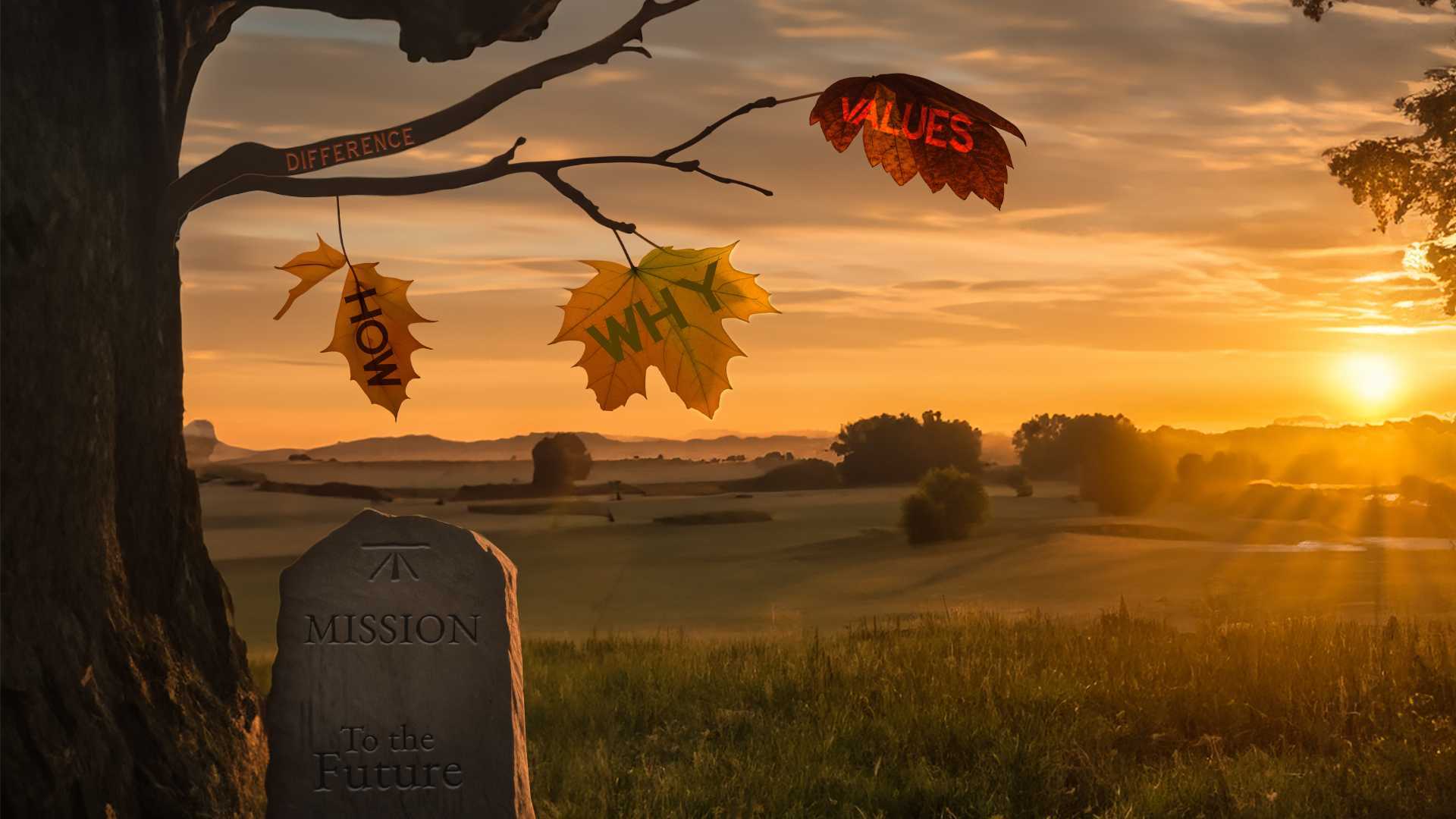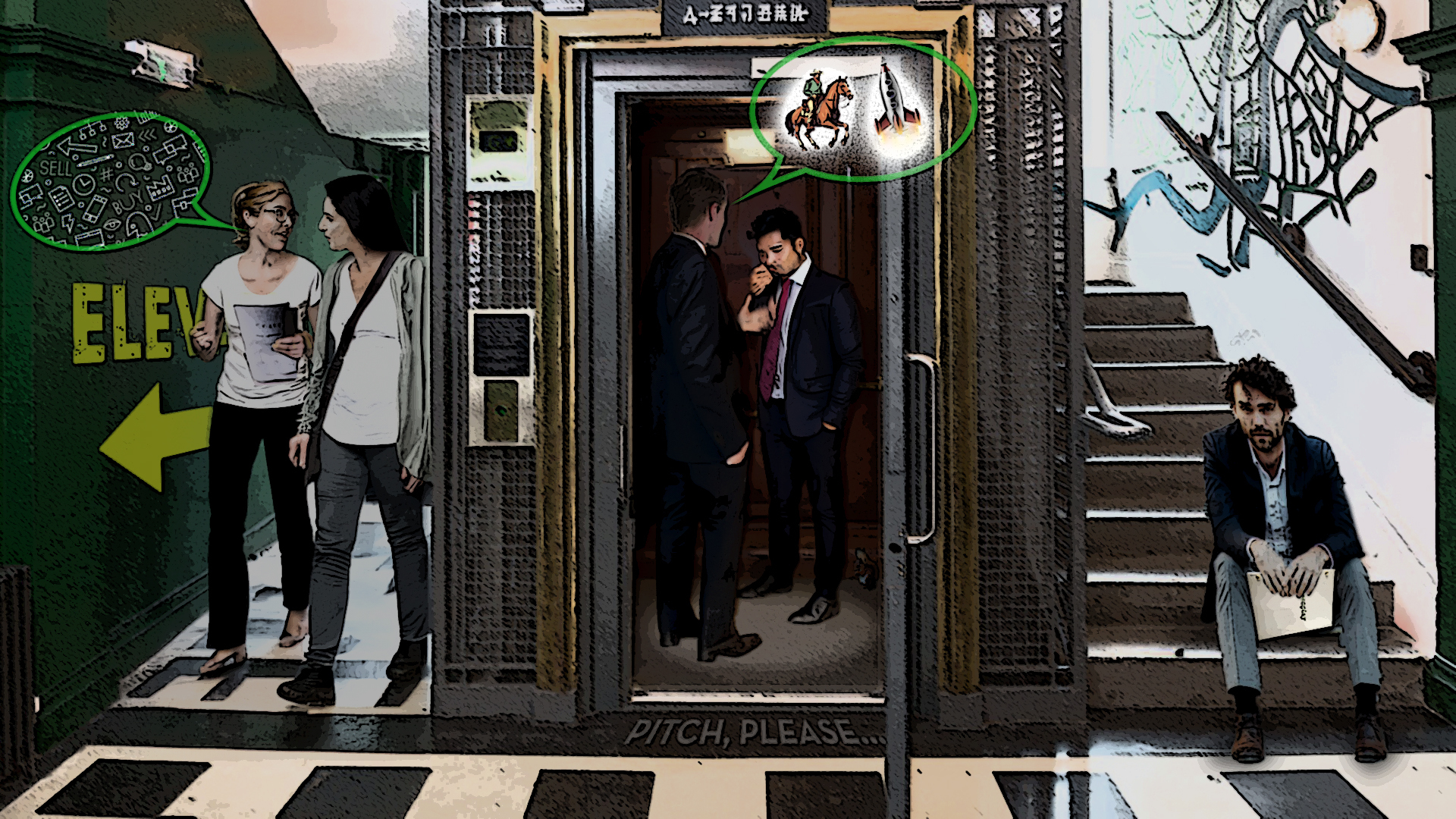In today’s complex business landscape, brands need more than just a good product – they need to be heroes in the lives of their customers. Kate Cash unpicks what it means to become brand heroes.
What makes brands heroes?
It’s easy to picture the comic-book archetypal hero as a guardian against injustice who swoops in to save the day. They’re larger-than-life, maybe even a little flawed, sporting quirky outfits, grappling mischievous enemies, and sometimes with a bit of family drama. However, as soon as a hero steps up, we know everything is going to be okay. Heroes make us feel safe. They are fighting on the side of good. They inspire.
You could just as easily write a comic on the time in 2018 when news, and asphalt, was spreading around towns in America about Domino’s Pizza filling in potholes and leaving a branded sticker on the patched-up pavements and roads. Seeming a gimmick, ‘Paving for Pizza’ was indeed a masterclass in brand strategy, and an excellent story. Potholes wreak havoc on all vehicles, and yes you guessed it, including those used for trusty pizza transportation. Meeting the problem with a practical response the brand was able to connect its vast target market to its mission to ensure the delivery of freshly made pizza, intact and on time, and do some good for the local communities as well.
Chef’s kiss please for the Domino’s Pizza team behind it.
Using marketing for positive change
In a world where customers demand more than just products, brands must rise to the occasion and become heroes – champions of purpose, authenticity, and trust. In an era when trust is hard to come by, the hero narrative has it built in.
In marketing terms, the hero is a great space to occupy for brands building positive change. Yet B2B brands have traditionally steered away from the hero archetype, leaving them to companies like Nike. Talking directly to consumers, it can feel more natural to represent aspiration, strength and endurance. Market leaders here have the confidence to embrace activism in support of issues and causes that matter to most of us.
"In an era when trust is hard to come by, the hero narrative has trust built in"
B2B marketing is full of Sages – thoughtful mentors guiding customers through their challenges – and Creators – seeking to build things of enduring meaning and value. And there’s nothing wrong with that. But could challenger or smaller brands get in on the hero action too?
I think so. We know that not all heroes wear capes, and there are strategies that brands can pursue that put them fair and square in the hero category.
However, heroic marketing isn’t just about increasing sales; it’s about building lasting relationships based on trust and shared values. Success indicators aren’t always immediately reflected on the bottom-line, but instead found in customer loyalty and satisfaction from great value engineering. Steve Jobs famously said: “You’ve got to start with the customer experience and work backwards,” emphasising the importance of aligning marketing with customer needs.
Hero brands understand this orientation, and ultimately create pathways to effective decision-making and confidence in their buying journeys and outcomes, whether it’s high-stakes, mission-critical services, or even more mundane challenges, akin to filling in potholes.
"Heroic marketing isn’t just about increasing sales; it’s about building lasting relationships based on trust and shared values"
Now that we’ve explored what makes a hero brand, let’s look at how B2B companies can apply these principles and transform their businesses into heroes.
B2B brands learning from B2C
Domino’s Pizza ‘brand hero moment’ is an example of doing good with its business success – a specific strategy to leverage its strong financial position to give back. A key point here is that nothing was asked in return. Yes, it improves the situation for pizza delivery times, but everyone wins – the customer, the community, and the brand. Hardhats off to them – it’s fun, quirky, organic and it’s positivity at its peak. B2C does often have it easier when it comes to such moments, and even has high-profile world-stages created for such opportunities, such as the Superbowl Sunday commercials. (Budget envy, anyone?). In B2B, however, there is no Superbowl Sunday, so brands like Salesforce and Deloitte are inspiring confidence by helping businesses overcome challenges, acting as everyday heroes in their industries.
Here are examples of brands leveraging their hero qualities in different ways:
Do good while doing well | Salesforce has positioned itself as a hero brand by becoming more than a CRM tool. It actively promotes social responsibility and sustainability through its initiatives. The company’s commitment to giving back is reflected in its 1-1-1 model model, where Salesforce donates 1% of its equity, 1% of its products, and 1% of its employees’ time to charitable causes. By doing so, Salesforce embodies the hero archetype by empowering other organisations to manage relationships more effectively while also making the world a better place.
Deep expertise and data-driven decisions | Deloitte has embraced the hero archetype by helping businesses navigate complex challenges like digital transformation, sustainability and regulatory compliance. Deloitte’s consultants work closely with organisations to tackle high-stakes problems, making them a trusted partner in critical decision-making. By taking on the role of an enabler and guide, Deloitte has positioned itself as a hero that empowers its clients to succeed in challenging business environments.
Empowering small business to grow and compete sustainably | HubSpot has become a hero brand by focusing on empowering its customers to grow through inbound marketing. Rather than hard-selling its software, HubSpot invests heavily in educating its audience with free tools, resources, and certifications that help marketers and businesses scale. By putting customer success at the heart of its mission, HubSpot creates an emotional connection with users who feel supported and empowered
You may be wondering—can every brand truly be a hero? The answer is yes. Whether you’re in software or manufacturing, any brand that helps its customers solve problems and navigate challenges can adopt a heroic stance.
How to activate your brand heroics
In Brent Coker’s HBR series Make Your Marketing a Force for Good, he emphasises how marketing can practically contribute positively to society beyond traditional profit-driven goals. (Gasp!). The first part comes down to four key points to build and align:
1 | Purpose-driven marketing – aligning to broader social values and ethics, that focus on making a meaningful impact, addressing societal challenges such as well-being, sustainability, or inequality.
2 | Authenticity and trust – aligned with customer expectation to act with authenticity and transparency, brand must demonstrate genuine care for community wellbeing – if you’re trying to build for the long term and deeper customer relationships.
3 | Corporate Social Responsibility – encouraging marketers to harness the ‘ripple effect’ of positivity, embodying heroic qualities by prioritising others’ needs over their own, in order resonate more deeply.
4 | Storytelling and engagement – leveraging this powerful tool for carrying emotional connection, rather than solely attention-grabbing tactics. Narratives that reflect commitment to good causes can inspire organic promotion. In other words stop selling products. Sell feelings.
Croker also lands on some queasy and cringy examples of brands getting this very wrong, and being heavily criticised for being ‘transactional’ in their heroic efforts. To be a rand hero you have to be willing to be selfless in the moment, and prepared to see the results later.
To become a hero brand, consider these key steps:
- Decide and define your purpose, and be brave if you have to reset it
- Deepen customer relationships and go beyond traditional marketing tactics
- Give selflessly and respond to real-time needs without expecting anything in return
- Be consistently authentic and create stories that resonate organically
Start today by redefining your purpose, listening to your customers, and showing them you’re in it for the long haul.
Ask yourself:
- Is your brand’s purpose aligned with social values?
- Are you creating emotional connections?
- Do you have a great story to tell?
- Are you ready to turn your brand into a hero?
Your next steps – tell your story
If you want to find and tell a better brand story – that’s what we’re here to help with. You can check out the experience for yourself.
Kate Cash partners with marketing, sales and business leaders to drive transformation and growth. Read more or reach out to Kate on LinkedIn





What do you think?